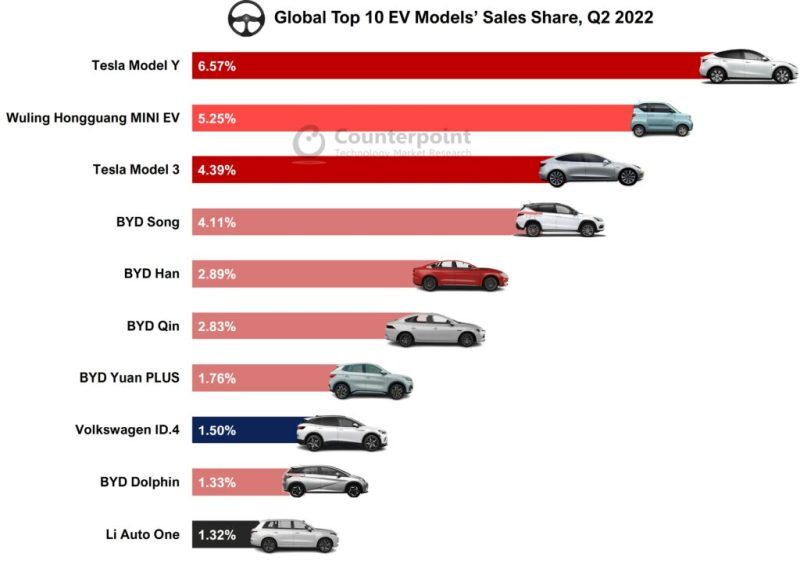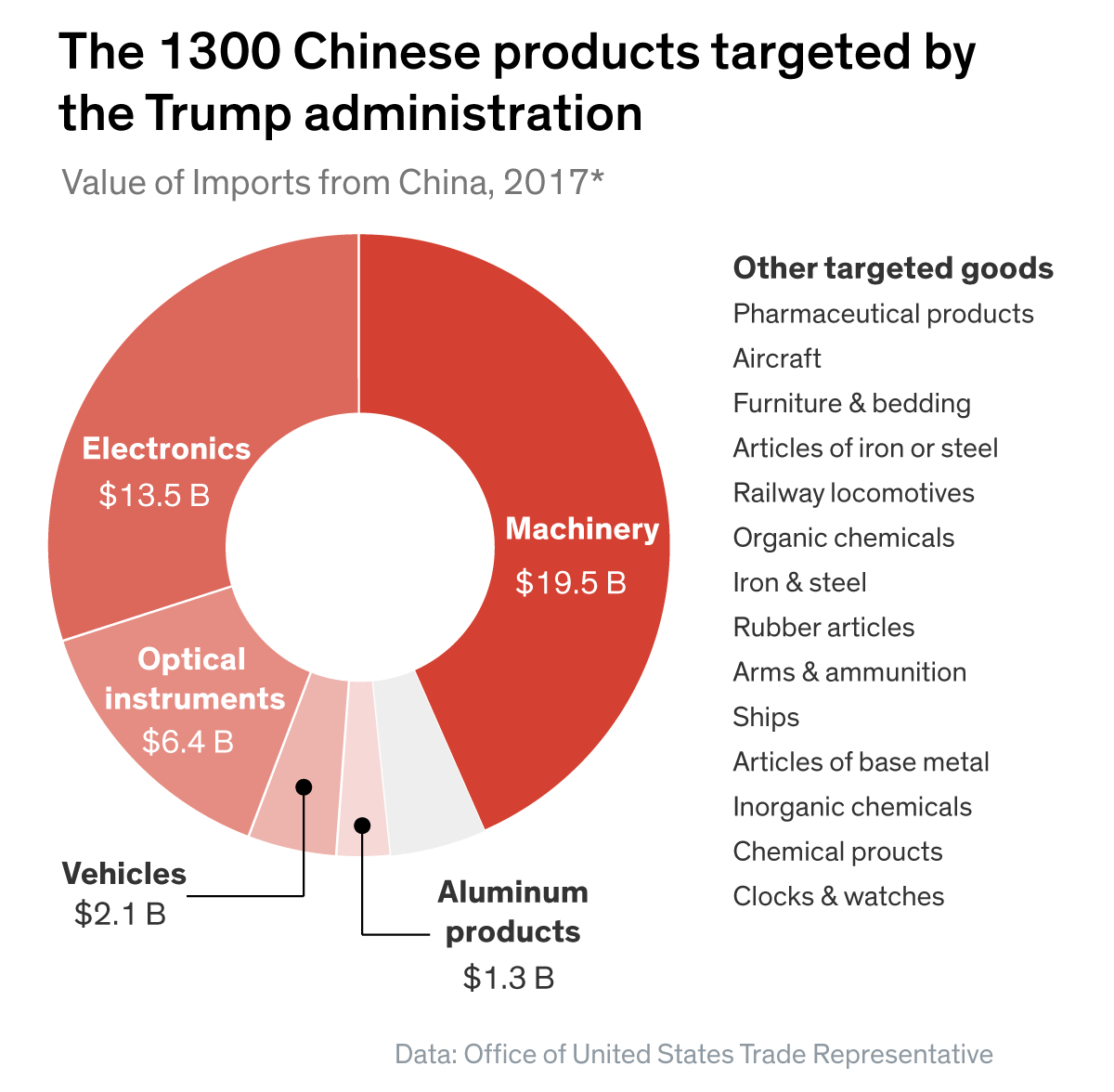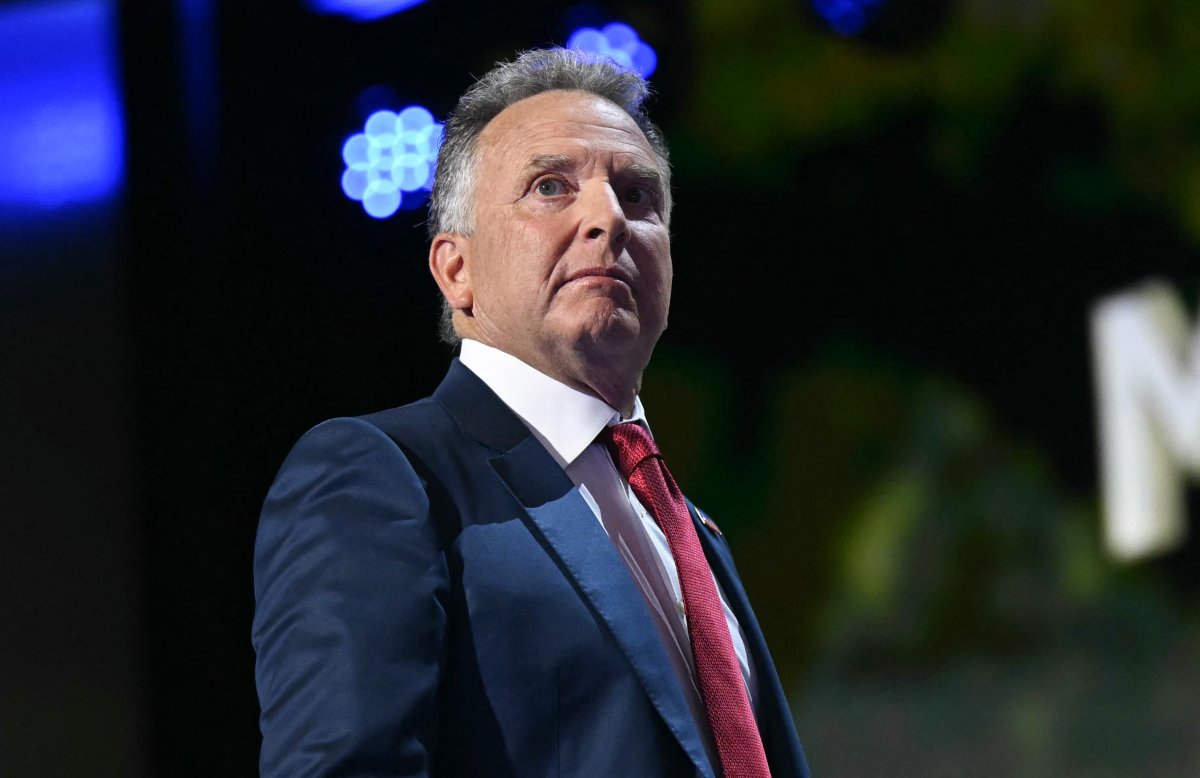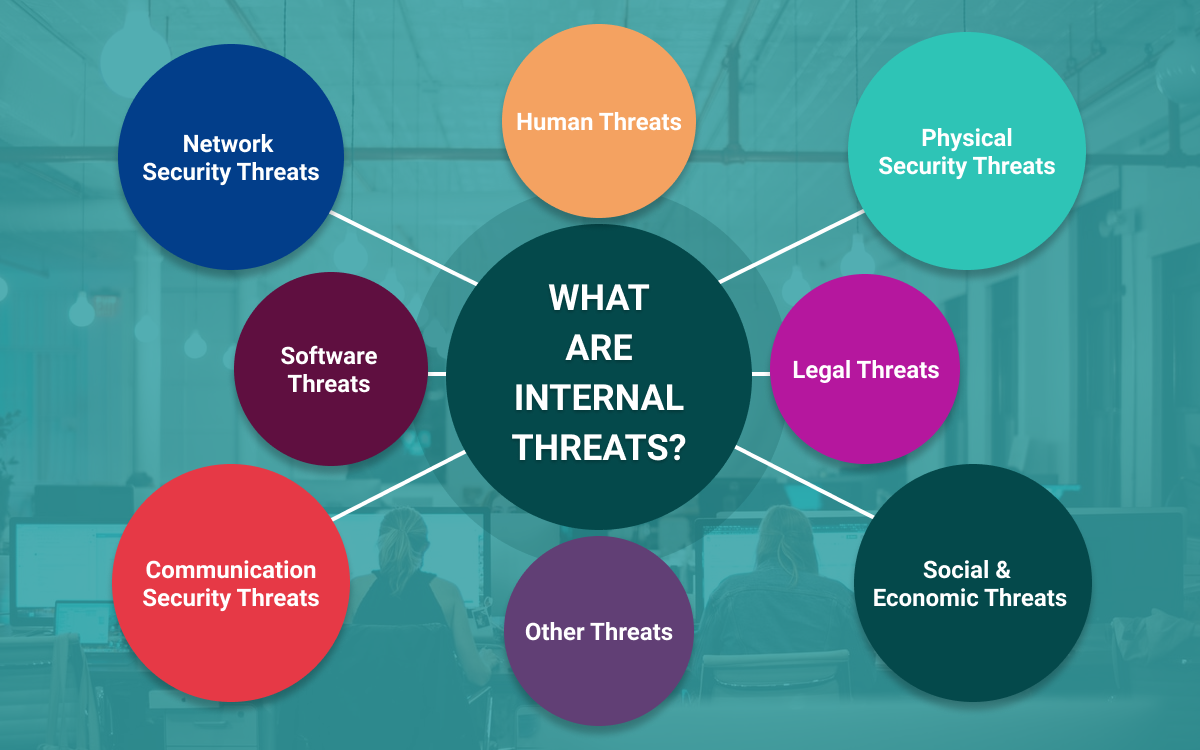The Future Of Ukraine's NATO Membership: Trump's Viewpoint

Table of Contents
Trump's Stated Opposition to Ukraine's NATO Membership
Throughout his presidency, Donald Trump expressed skepticism and outright opposition to Ukraine joining NATO. This stance deviated sharply from the prevailing consensus among many NATO allies and long-standing US foreign policy.
-
Examples of Trump's Opposition: Trump's opposition wasn't merely implied; it was explicitly stated on numerous occasions. He frequently questioned the value of NATO itself, suggesting that member nations weren't contributing enough financially. This skepticism extended to Ukraine, with suggestions that the country wasn't ready for membership or that its inclusion would unnecessarily provoke Russia.
-
Public Statements and Actions: His public statements, including press conferences, interviews (such as with major news outlets like Fox News and Breitbart), and tweets, consistently reflected this opposition. These statements often lacked the nuance and strategic considerations expected in discussions regarding NATO expansion.
-
Contextual Factors: These statements often arose within the context of his attempts to cultivate a better relationship with Russia, a country that vehemently opposes Ukraine's NATO aspirations. This context added a layer of complexity to his stance, raising questions about whether his opposition was strategically motivated or stemmed from genuine doubts about Ukraine's readiness for membership. The ongoing conflict in eastern Ukraine also played a crucial role in shaping the narrative around Ukraine's NATO bid.
Underlying Reasons for Trump's Position
Several factors likely contributed to Trump's reluctance to support Ukraine's NATO bid. His foreign policy often prioritized transactional relationships and short-term gains over long-term strategic alliances.
-
Transactional Foreign Policy: Trump's approach to foreign policy was characterized by a transactional approach, prioritizing immediate benefits and perceived self-interest over long-term commitments. His view of NATO membership likely reflected this pragmatic, transactional perspective.
-
Russia Relations: His administration's attempts to improve relations with Russia likely influenced his stance. Granting Ukraine NATO membership would be seen by Russia as a direct threat, potentially jeopardizing any attempts at rapprochement. This consideration, though controversial, played a prominent role in shaping his perspective.
-
Domestic Political Considerations: Domestic political calculations might also have influenced his decision. Appealing to a segment of the electorate skeptical of foreign entanglements could have been a motivating factor. This internal political dynamic added another layer to his decision-making process.
Implications of Trump's Viewpoint on Ukraine's Security
Trump's opposition to Ukraine's NATO membership had significant implications for Ukraine's security, increasing its vulnerability to Russian aggression.
-
Vulnerability to Russian Aggression: Without the collective defense guaranteed by NATO's Article 5 (an attack on one member is considered an attack on all), Ukraine faced increased vulnerability to Russian incursions and further destabilization.
-
Deterrence Impact: The lack of a clear commitment to Ukraine's NATO membership weakened its ability to deter Russian aggression. This ambiguity sent a message to Russia that a full-scale invasion might carry fewer risks than previously anticipated.
-
Regional Stability Consequences: Trump's stance also negatively impacted regional stability. Uncertainty surrounding Ukraine's future security threatened to destabilize the wider region, potentially emboldening Russia and undermining the efforts of other countries to promote peace and security.
Long-Term Effects on Transatlantic Relations
Trump's position on Ukraine's NATO membership had far-reaching consequences for transatlantic relations, potentially eroding the unity and credibility of the alliance.
-
NATO Unity and Credibility: Trump's skepticism towards NATO and his opposition to Ukraine's membership raised questions about the alliance's unity and its ability to address future challenges collectively. This uncertainty affected the morale and cohesion within the alliance.
-
Addressing Future Challenges: His stance cast doubt on the reliability of US commitment to its allies, potentially impacting NATO's ability to respond effectively to future security threats. The perception of a weakened US commitment could encourage revisionist powers to test the alliance’s resolve.
-
US-NATO Member Relations: Trump’s actions strained relationships between the US and other NATO members who viewed his skepticism towards the alliance and Ukraine's membership as undermining the security of the entire organization. This eroded trust and created significant friction within the transatlantic community.
Conclusion
This article has examined Donald Trump's viewpoint on Ukraine's NATO membership, exploring his stated opposition, underlying reasons, and the consequential implications for Ukraine's security and the transatlantic alliance. His skepticism significantly impacted Ukraine’s efforts to join NATO and raised concerns about the alliance's cohesion and effectiveness. His actions and statements serve as a crucial case study in understanding the complexities of NATO expansion and the impact of individual leadership on international relations.
Call to Action: Understanding Trump's perspective on Ukraine's NATO membership is critical for comprehending the ongoing geopolitical challenges facing the region. Further research into the intricacies of Ukraine's NATO membership prospects, considering the evolving views of various actors, is essential. Continue exploring the complexities surrounding Ukraine's NATO membership to foster a more informed understanding of this crucial geopolitical issue.

Featured Posts
-
 Chinese Electric Vehicles Disrupting The Global Auto Market
Apr 26, 2025
Chinese Electric Vehicles Disrupting The Global Auto Market
Apr 26, 2025 -
 Golds Record High Understanding The Trade War Impact On Bullion
Apr 26, 2025
Golds Record High Understanding The Trade War Impact On Bullion
Apr 26, 2025 -
 Mission Impossible 7 Standee Unveiled At Cinema Con A First Look
Apr 26, 2025
Mission Impossible 7 Standee Unveiled At Cinema Con A First Look
Apr 26, 2025 -
 Trump Envoys Moscow Trip Interfax Confirmation
Apr 26, 2025
Trump Envoys Moscow Trip Interfax Confirmation
Apr 26, 2025 -
 Exclusive Polygraph Threats And Internal Conflict Shake Up The Pentagon
Apr 26, 2025
Exclusive Polygraph Threats And Internal Conflict Shake Up The Pentagon
Apr 26, 2025
